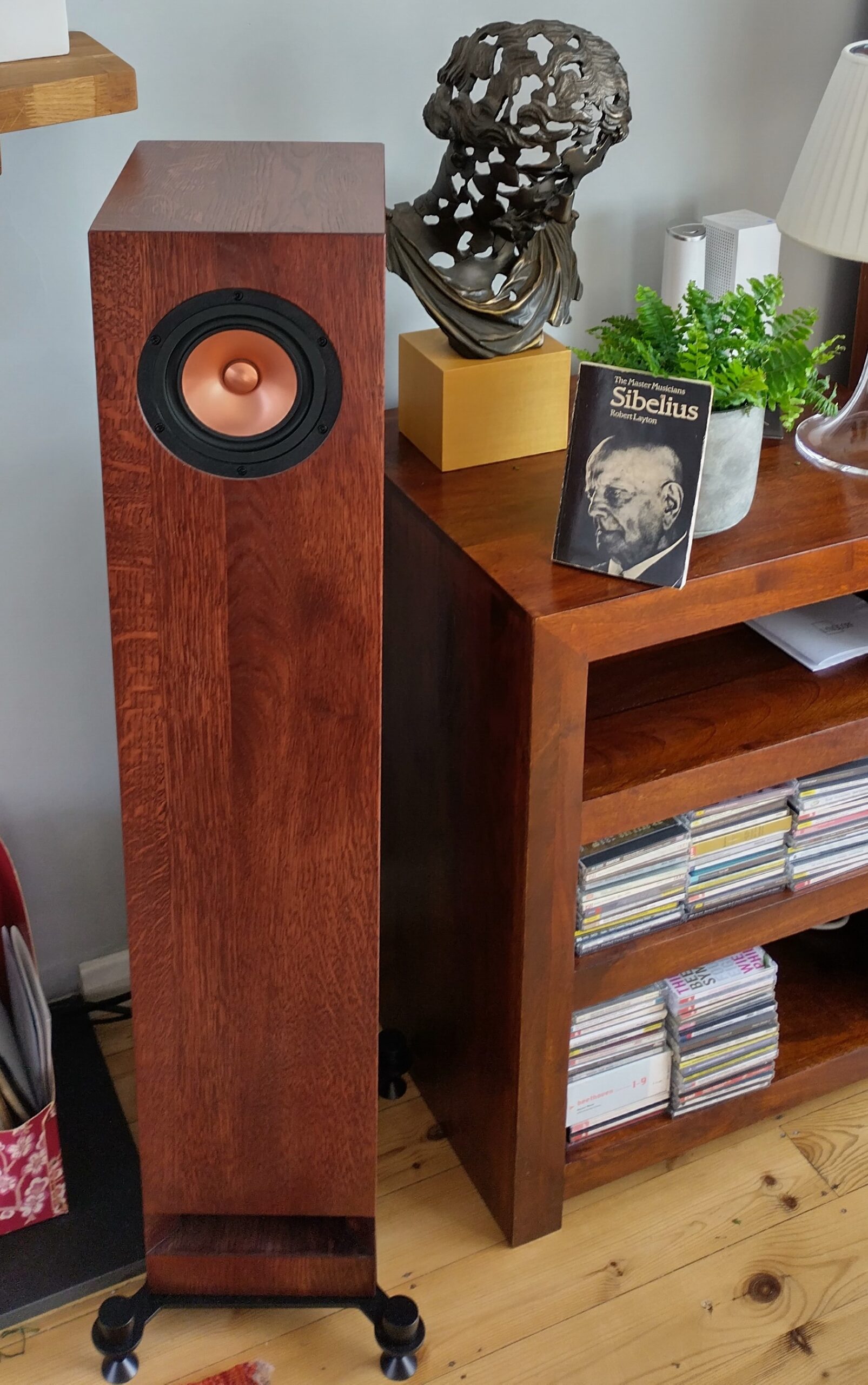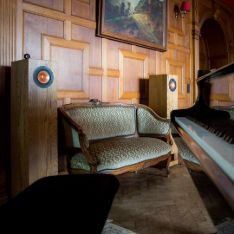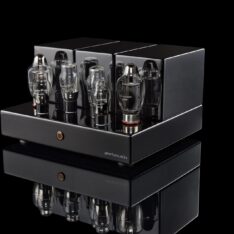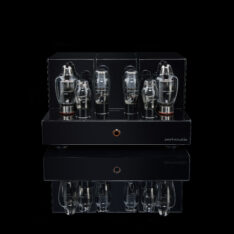Sandeep Murthy
I’ve only been listening to the Sibelius speakers for just over a week, and I’m deeply impressed by them. For me, I think the most important reason is accuracy. This, in my view, is the most important aspect of loudspeakers in a music system: ignoring amplifiers and other intermediate components, are they are accurate in how they render the music as compared with hearing the same music in a studio or live setting? All the other terms that you typically hear from audiophiles – clarity, transparency, warmth, balance, measurements – are really just manifestations of accuracy. I would rather describe myself as a “musicphile”: ultimately, it is only the music that really interests me. The Sibelius speakers have this remarkable quality of making you completely forget their presence (and the amplifiers, source, cables, room) and immersing you in a wonderful world of music that they open up in front of you. It’s as if I was right there listening to the same music in the concert hall or recording studio, with the performers, and that is the ultimate result for the listener.
I’ve thrown all kinds of music at the speakers – mainly, classical (orchestral, instrumental, chamber, opera, vocal, choral), but also quite a bit of electronic (ambient/downtempo, breakbeat, deep, trance) as well as folk music (Georgian, Kurdish, Bosnian), light jazz and film soundtracks – and the results are consistently accurate and excellent. I’d say that consistency and versatility are the two other qualities of the Sibelius speakers that I have been most impressed by, in addition to accuracy.
The choice of amplifier for the Sibelius is crucial, and I’ve opted for the Lyngdorf TDAI 1120 digital amplifier (with room correction), and CD-2 CD player, also by Lyngdorf. Perhaps the choice of a digital source and amplifier might create a “digital bias” in my views here, but I don’t think I would have a substantially different opinion if I had used an analogue source and a more traditional class A or A/B tube amplifier.
In terms of sound, I would say the Sibelius sound is rather “sweet” and “velvety”, yet at the same time, transparent and never muddy. The sound feels balanced and centred – wherever I move to in the room, the sound feels centred on me, but this may be the joint effect of the Lyngdorf Room Perfect room correction system, which has been tuned to 98%, as well as the large and rounded soundstage that the speakers project. I was using a sound meter to keep an eye (and ear) on audible loudness, but even at high volumes and across a range of different types of music, I found no harshness in the high or low ranges, while details were always clear. The bass is excellent for such small drive cones, and in a small or medium-sized room with a high-quality amplifier like the Lyngdorf I don’t see why you would want more bass. But even more impressive is the mid-range – this is where the warmth comes through. For me, this became particularly apparent in Berlioz’s Symphonie Fantastique (Concertgebouw, Colin Davis, Philips, 1984), and Hindemith’s “Mathis Der Maler” symphony (NDR Sinfonieorchester, Christoph Eschenbach, Odine, 2015). The high range is also excellent – I loved the way the speakers delivered the silvery massed sound of the violins in the many long and sinuous phrases played by the strings in Sibelius’s sixth symphony (Boston SO, Colin Davis, Philips, 1995) and Rautavaara’s seventh symphony, “Angel of Light” (Lahti Symphony Orchestra, Osmo Vänskä, BIS, 1999).
On a final note: if you’re going to get speakers named after Jean Sibelius – and he is one of my favourite composers – then clearly you must listen to his music. And perhaps these are the best speakers with which to appreciate his music, particularly his seven great symphonies. So far I’ve listened to the first, fourth, sixth and seventh ((Boston SO, Colin Davis, Philips, 1995), and I was particularly impressed by the first. I noticed details in the captivating first movement that I never knew existed.
I’ve been told the speakers will get better with time. If that’s the case I hope to live long enough to be able to appreciate them!
With Kind regards
Sandeep Murthy
Oxford, UK





